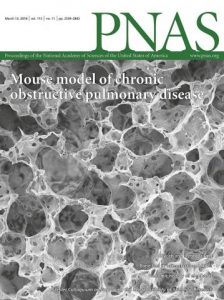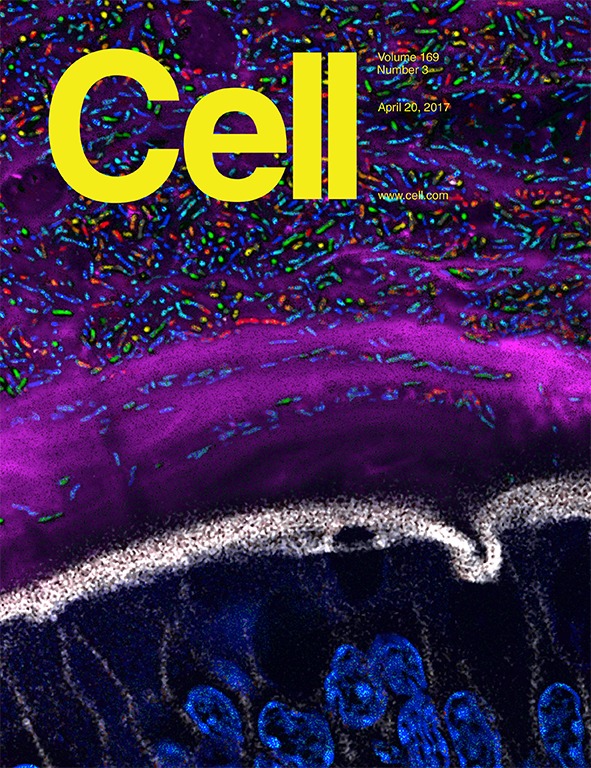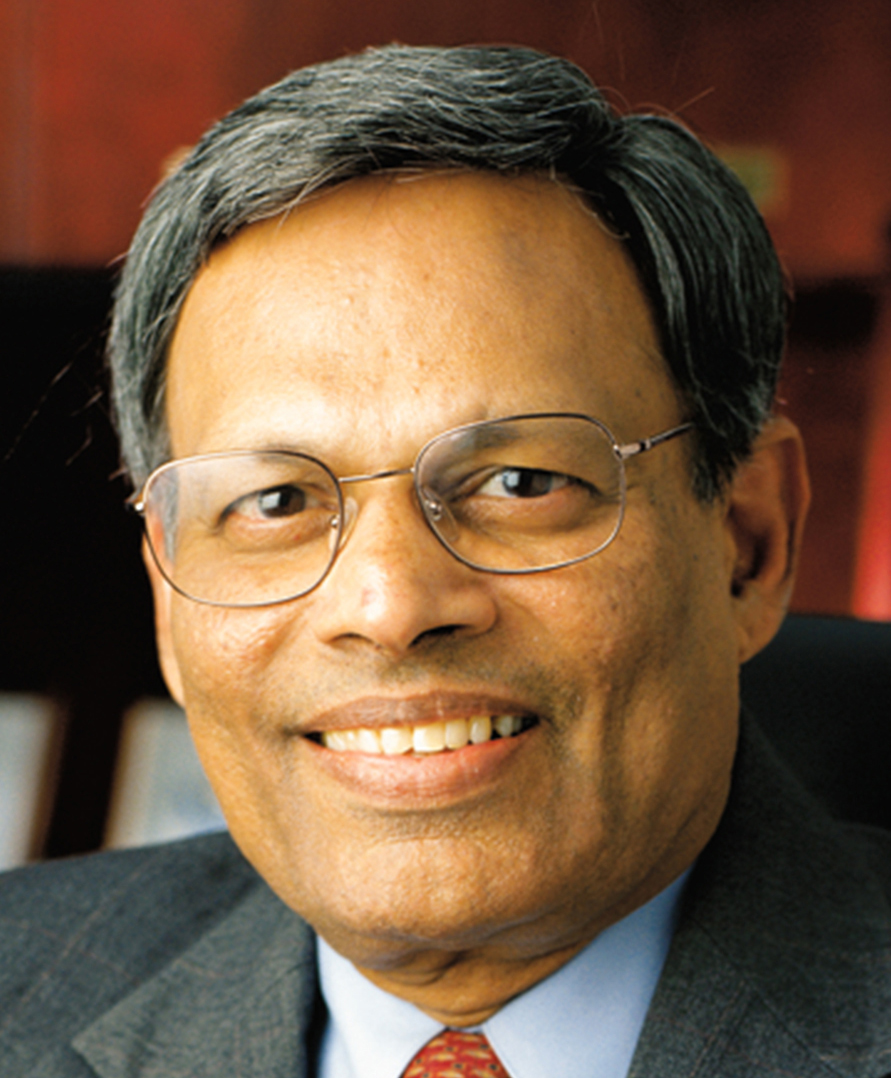What Caught Our Attention: This is the fourth retraction for Robert Ryan, formerly a high-profile researcher studying infections that can be deadly in people with lung diseases such as cystic fibrosis. In 2016, the University of Dundee in Scotland determined that Ryan had committed research misconduct, including misrepresenting clinical data and duplicating images in a dozen different publications. (Ryan tried to appeal the decision, then resigned.) The latest retraction cites a few problems with the paper, including uncertainty about the provenance of some data.
According to the notice, the second-to-last author, George A. O’Toole at Dartmouth, disagrees with the text of the notice, not the decision to retract. We contacted O’Toole, who declined to comment.
We received a statement from Ryan about the retraction:
Continue reading Caught Our Notice: Former rising star loses fourth paper
 Title:
Title: 
 Following a massive editorial protest,
Following a massive editorial protest, 
 A former researcher at New York University falsified and/or fabricated data in multiple papers and grant applications,
A former researcher at New York University falsified and/or fabricated data in multiple papers and grant applications,  After being “blindsided” a few months ago when she was told one of her 2005 papers was going to be retracted, a researcher scrambled to get information about why. And when she didn’t like the answers, she took to PubPeer.
After being “blindsided” a few months ago when she was told one of her 2005 papers was going to be retracted, a researcher scrambled to get information about why. And when she didn’t like the answers, she took to PubPeer. Errors in a 2017 paper about a new cancer test may have occurred because of a simple typo while performing calculations of the tool’s effectiveness.
Errors in a 2017 paper about a new cancer test may have occurred because of a simple typo while performing calculations of the tool’s effectiveness.